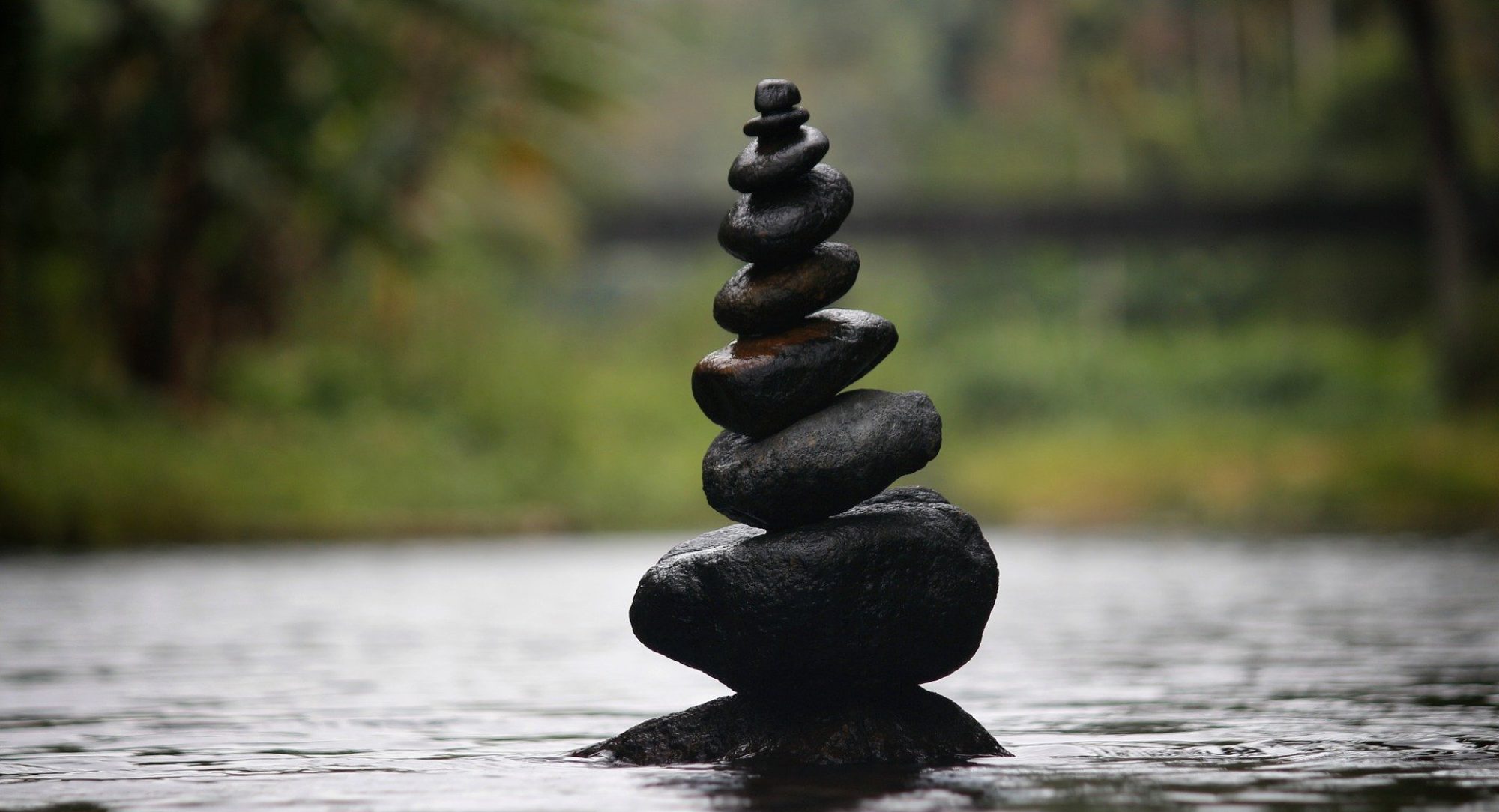Breathing Technique: All the way out
Silencing the Alarm
Experiencing anxiety or stress, check out this video:
A little bit of science behind this stress management skill: The vagus nerve wanders throughout the body from the brain to the gut and is responsible for communication between the brain and many other vital organs (Gould, 2019). While attending a workshop with Robin Shapiro (2020), she shared that one of the reasons it is believed that this movement is helpful is because it follows part of the path of the vagus nerve. It is believed that this action can stimulate a relaxation response in the body. Try it out and see what you notice. Keep in mind that practicing before you actually may need to use a coping skill improves the impact of the coping skill because you are creating, building and strengthening neural networks in the brain each time you practice. Symptoms of panic attacks can resemble symptoms of heart attacks. You should consult with your medical physician or other medical specialist to assess your condition and rule out any medical causes prior to thinking your symptoms are due to anxiety.
Gould, Katherine. “The Vagus Nerve: Your Body’s Communication Superhighway.” Livescience.com. Future US, Inc. 12 Nov, 2019. Web. 23 Apr. 2020.
Shapiro, Robin. “The EMDR Mixed Bag.” Inspired Therapy. Live Webinar. 27 March, 2020. Lecture.
Mindfulness, at a time like this…?
Some of you may be thinking, this is not really the time to be learning a skill like mindfulness. With all this social distancing, in the midst of a pandemic, the uncertainty of these times and what tomorrow may bring -way too stressful, right? But that is exactly why there is no time like now, to start or continue your journey with Mindfulness.
How will this really help me with what is going on in the world now? Mindfulness can help in many different ways and you can actually get a lot of bang for your buck with this one technique. Often the breath is used in mindfulness to help maintain awareness in the present moment. Using different breathing techniques can have physiological benefits that help you feel calm and relaxed. Maintaining awareness on the breath also gives you a welcomed break from your negative thoughts. You can use the breath and the calming sensation that comes with it as a way to ground and center yourself in the present.

When practicing mindfulness, your attention on the breath will drift (or even be pulled) toward other thoughts, feelings or sensations. Many people think that the goal is to be focused on the breath at all times, but this is not accurate. You are doing nothing wrong and there is no need to be frustrated when your mind drifts from the breath. When you recognize that your awareness of the breath has drifted – you simply notice the thought, feeling or sensation that you are having – then return a gentle awareness to the breath.
It is throughout this process of the mind drifting, noticing (not judging) the thought or sensation, and returning awareness to the breath that two powerful skills begin to strengthen. First, is the ability to notice a thought, let it go and shift your attention to something else (the breath) strengthens your ability to direct your attention. The second, is that by maintaining your awareness on the breath, you boost your attention and ability to focus.
Taking care of yourself is so vitally important to overall health and wellness. Reducing stress will have positive benefits on your overall immune system functioning. This one technique, offers a multitude of benefits: enhanced relaxation, feeling grounded and centered, increased focus, improved attention, and reduced stress. It can also be used with other therapeutic strategies to help heal and recover from trauma, grief, anxiety and depression. So, mindfulness, at a time like this – absolutely, because there is no time like the present to take care of yourself.
Check out some of the tools in the Stress Management section to learn more.

